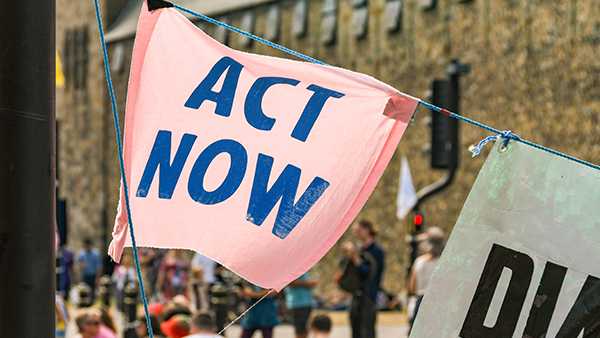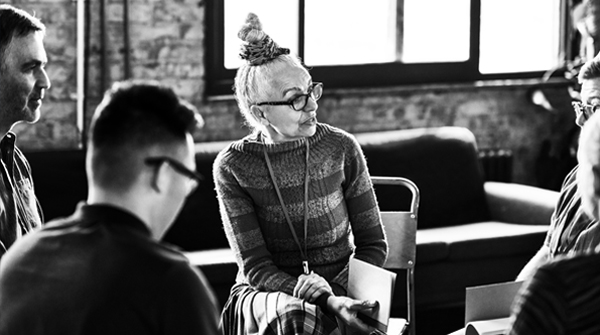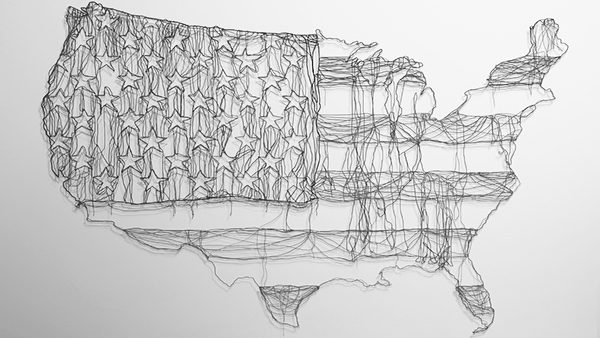I have attended a few Select Committees in my time. In most cases, they have been friendly if rather sedate affairs. However, I’ve also experienced their harsher side.
At a Treasury Select Committee hearing, I sat on a witness panel with the head of a trade association who had made the error of issuing a press release that morning about the evidence he was planning to give. This, it turned out, is just not the done thing. After being firmly rapped on the knuckles by the Committee Chair (fair enough), the MPs then took it in turns to rubbish, with mounting aggression, the views of the sorry individual in front of a packed committee room and internet broadcast cameras. This continued for an excruciating forty minutes. The poor soul did his best to defend himself but there is only so much you can do when confronted by eleven counsels for the prosecution.
On another occasion, I was in the audience for the notorious questioning of leading figures from the private equity world again by the Treasury Select Committee but with a mostly different set of MPs. This was in the midst of the very heated and high profile battle that was occurring between the trade union movement and private equity in 2007. Again the interrogation was fierce and it was widely judged to be a PR disaster for the private equity side. So much so, in fact, that the CEO of the British Venture Capital Association, who had been the target of much of the MP’s questioning, resigned the next day. It caused much joy amongst the trade unions but I have to say I felt sad at the fact that a man who had struck me as a pretty decent human being had lost his job in such circumstances.
I was reminded of these events listening to the Public Accounts Committee grilling the CEOs of the big accountancy firms last week. There was the same hectoring tone and aggressive interrogation I had witnessed. A similar approach was taken by the Culture Select Committee to the previous Director General of the BBC during the Savile crisis – his poor showing there was one factor contributing to his ultimate resignation. A few weeks before that there was Nick Buckles, the CEO of G4S getting a grilling from the Home Affairs Select Committee over the Olympics security fiasco. The list stretches back to the rough ride dished out to the Government scientist, David Kelly, by the Foreign Affairs Select Committee in 2003.
Some may see this as just part of the cut and thrust of public life but I have come to take a much more dim view for two reasons.
Firstly, Select Committees have effectively become public courts where individuals are tried not on the veracity of their case but on how well they manage to perform in the Committee Room bear-pit. And the sentence, should one’s performance not be up to scratch, can be a severely damaged reputation or even loss of employment. In truth, some now appear before Select Committees not as witnesses but as the accused but without any of the protections usually offered to those appearing in the dock.
Of course, the same is true of anyone putting themselves up for a hostile questioning on the Today programme, for example, as George Entwistle himself discovered. But Select Committees are not news programmes. They are legally established bodies of the Commons which have the power to compel witnesses to attend, demand written evidence and even charge witnesses with contempt. Witnesses also have no right to silence. At the very least, institutions of such standing and power should be constantly asking themselves whether they are delivering natural justice for those who appear before them.
Secondly, there has been a worrying mission creep in the role of Select Committees. The Committees were established and expanded during the 1970s and 1980s to ensure that the House of Commons could better scrutinise the Government and hold it to account – an unquestionably admirable objective which most of the time, most Committees perform without fanfare.
However, in recent years, some Committees seem to have come to see their job as holding the wider world to account as well hence the hostile grilling of people who hold no governmental role. This, it seems to me, is a fundamentally different activity to scrutiny of the executive and represents a significant extension of state power which has not been legislated for nor subject to public debate.
Of course, few will shed tears for the CEO of a big accountancy firm getting a telling off from Margaret Hodge but that is not really the point. There is an important principle here. MPs are entirely free to criticise whom they want in the Commons chamber or in the media but subjecting people, however powerful, to a courtroom style cross-examination without proper procedure or protections borders on the unjust and possibly a departure from due process.
We must also be very careful about where such practices may lead over time if not challenged. MPs often look across the Atlantic with envy at the huge powers and influence wielded by Congressional Committees. But the Americans learned a very important lesson in the early 1950s about how parliamentary committees can lose perspective and deeply damage the lives of ordinary citizens when seized by a mission wider than executive scrutiny and not subject to proper controls. Select Committees are, of course, nowhere near that sort of systematic abuse of power but ten or twenty years in the future, who knows? Better to deal with the drift now than find out where this might lead.
Related articles
-
The public are ready to go further and faster on net zero
Anthony Painter
The public are ahead of policy-makers and, indeed, most of the business world. COP26 is an enormous opportunity to catch up. Global leaders should take it.
-
Can progressives ever stop the in-fighting?
Matthew Taylor
Biden's victory has caused the left and moderates to fracture again.
-
Can President Biden bring America together again?
Anthony Painter
There is a long road ahead for the new president.



Join the discussion
Comments
Please login to post a comment or reply
Don't have an account? Click here to register.
I'd agree with Hilary - in my experience of dealing with a Select Committee, what struck me was how poor their weapons are; their support staff is limited, their expert advice often poor or unable to provide counter points or questioning whoever is in front of them.
Yes, some MPs grandstand, but the people who do that should be dealt with by MPs not putting them on committees as they're no good at it. The notion that a committee is a bauble rather than a means to become an effective legislator is probably the biggest way to change this, which inclines towards strengthening their capability to call witnesses and put them on oath, and strengthening their research and advice capacity.
Two things are getting conflated in this blog - an understandable reaction to poor or bad behaviour on the part of MPs, and the extent of the powers of House of Commons Select Committees.
It may be an unconventional truth but it is not inevitable that MPs should behave badly or rudely towards witnesses. Viewers of the BBC Parliament channel will see many examples where Select Committees question witnesses often robustly but without descending into abuse. There are clearly MPs who understand that going 'over the top' doesn't serve the public interest or scrutiny of the executive.
If the formal rules governing questioning at Select Committees need to be tightened up, so be it but let us not confuse this with altering the balance of power between Parliament and the executive.
The UK continues to have a very strong and often secretive executive and a relatively weak legislature. The unnecessarily large Government payroll vote consolidates the power of the executive and weakens scrutiny. It is hard to take Prime Minister's Questions very seriously as an effective arena for accountability on Government policy, actions or intentions. The Select Committees provide one of the very few avenues for real accountability in public policy.
If as Adam suggests, the US Senate and House Committees managed to learn from mistaken behaviour, why should the same not be possible for House of Commons Select Committees but without muzzling their role as a counterbalance to an over powerful executive?